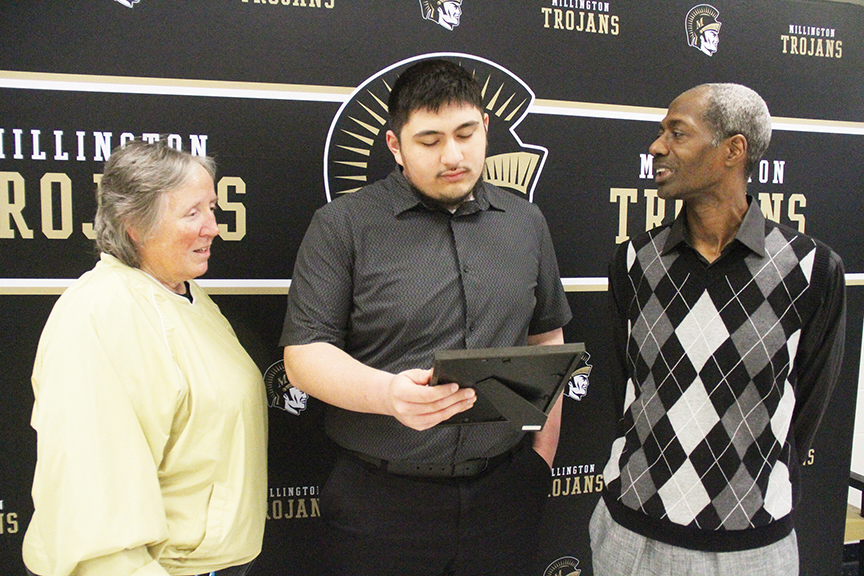By David Peel
 In cases of wrongful death, grief-stricken families often struggle with organ donation questions for their loved one, who may be brain dead from a tragic accident.
In cases of wrongful death, grief-stricken families often struggle with organ donation questions for their loved one, who may be brain dead from a tragic accident.
I have probably written over a thousand Living Wills, and they address organ donation head on. However, we often do not have that conversation with our children about both our wishes, and even theirs. It’s uncomfortable. But it is important. You might want to simply forward this article to your loved ones and have “the talk.”
Organ donation is not common enough. Each year, over 6,000 people die waiting for an organ transplant. There are more than 100,000 people in the U.S. waiting for organ. Currently, up to eight (8) lives can be saved through organ (kidneys, liver, heart and lungs) donation and 50 or more lives may be blessed by the donation of tissues.
Tissue donation is less familiar to many. Veins are used in cardiac bypass surgery. Skin can be used in treatment of burns. Bone is used in reconstructive surgeries. Heart valves can be transplanted to save the lives of children born with heart defects, and adults with damaged heart valves.
Tendons are used to repair torn ligaments on knees or other joints. Eyeball transplants do not exist (yet) but corneas (the clear contact lens piece) can still restore sight to some who are blind. Blood stem cells, cord blood, and bone marrow and even the middle ear are all usable in certain cases.
When do they take the organs or tissues? Not if you are in a coma. You must be legally dead. People can come back from a coma. Brain death is different from coma (“persistent vegetative state.”) Brain death occurs when a person has stopped all brain activity permanently. Heart and lung functions can only be maintained with a mechanical ventilator to keep the organs oxygenated until they are removed.
Living Wills (“Advance Directives”) when you want life-saving care to stop and
authorize donation of organs and tissues. In Tennessee, you can have these drafted (often in a package with your wills and powers of attorney) and be prepared. Other steps you can take include signing your driver’s license and registering on the “Donate Life Tennessee Registry” at DonateLifeTN.org.
Questions:
Will the doctors and nurses still try and save me? Yes. Doctors and hospitals must do all they can. And, Federal laws direct that your treating doctors are not involved with transplant teams. And organs may never be sold.
If I am a donor, can I still have an open casket viewing at my funeral? Yes, donation does not interrupt funeral arrangements.
Does it cost the donor’s family extra money? No. All costs related to donation are paid by the organ and tissue recovery organization.
At my age and health history, do they even want my organs or tissues? Yes, donors have ranged in age from newborn to senior citizens.
If I donate my loved one’s organs, will the recipients know who I am? Only if both parties give consent.
Peel seeks justice for those injured in tractor trailer and car accidents, medical malpractice, and disability. He often addresses churches, clubs and groups without charge. Peel may be reached through PeelLawFirm.com wherein other articles may be accessed.



